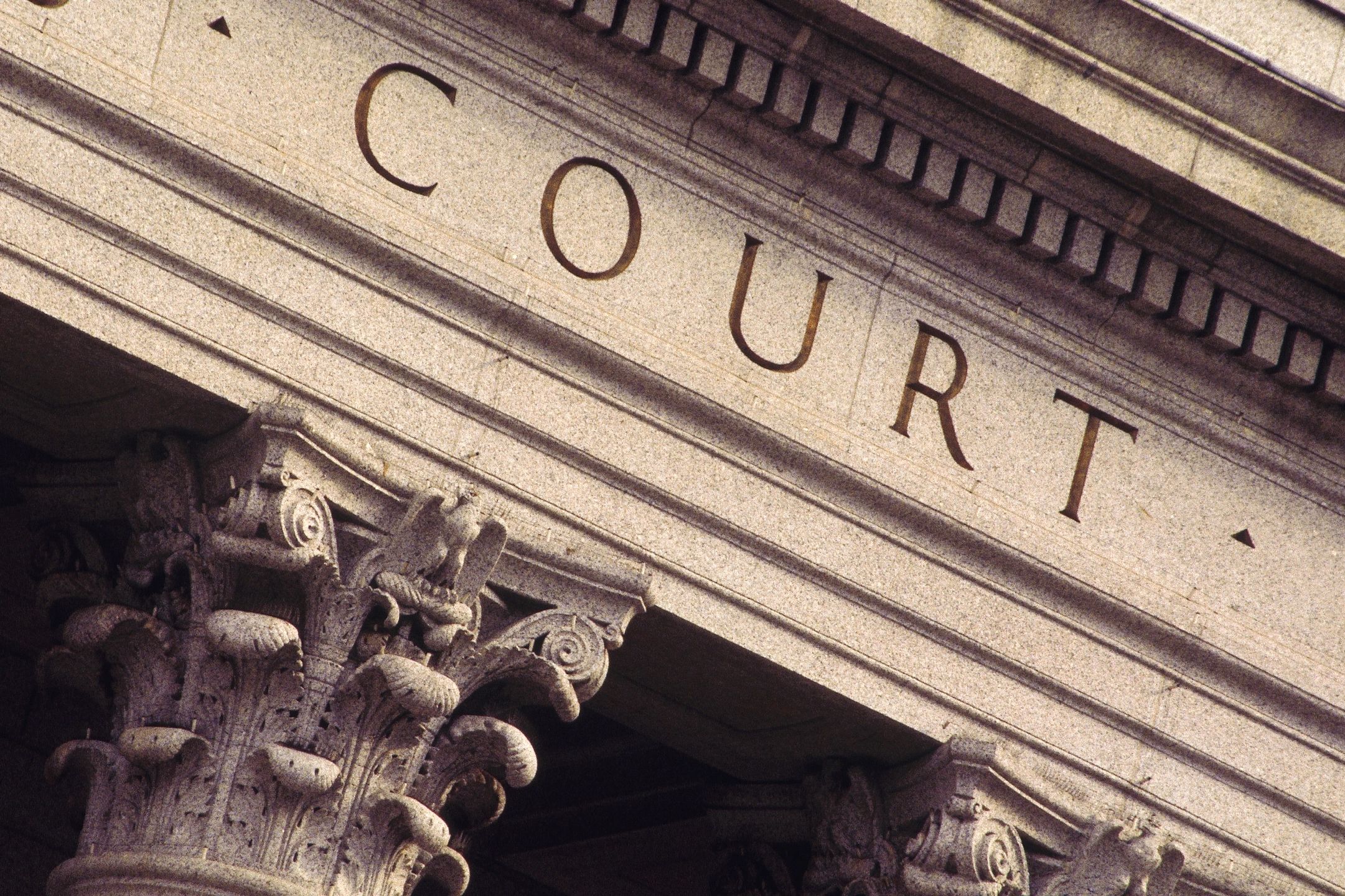Information for Individuals and Families
Want to know more about your options after conviction? Filing your own Rule 3.850 motion?
Information for Attorneys
Information and resources for trial counsel, including example forms to help you comply with District Court of Appeal orders.

